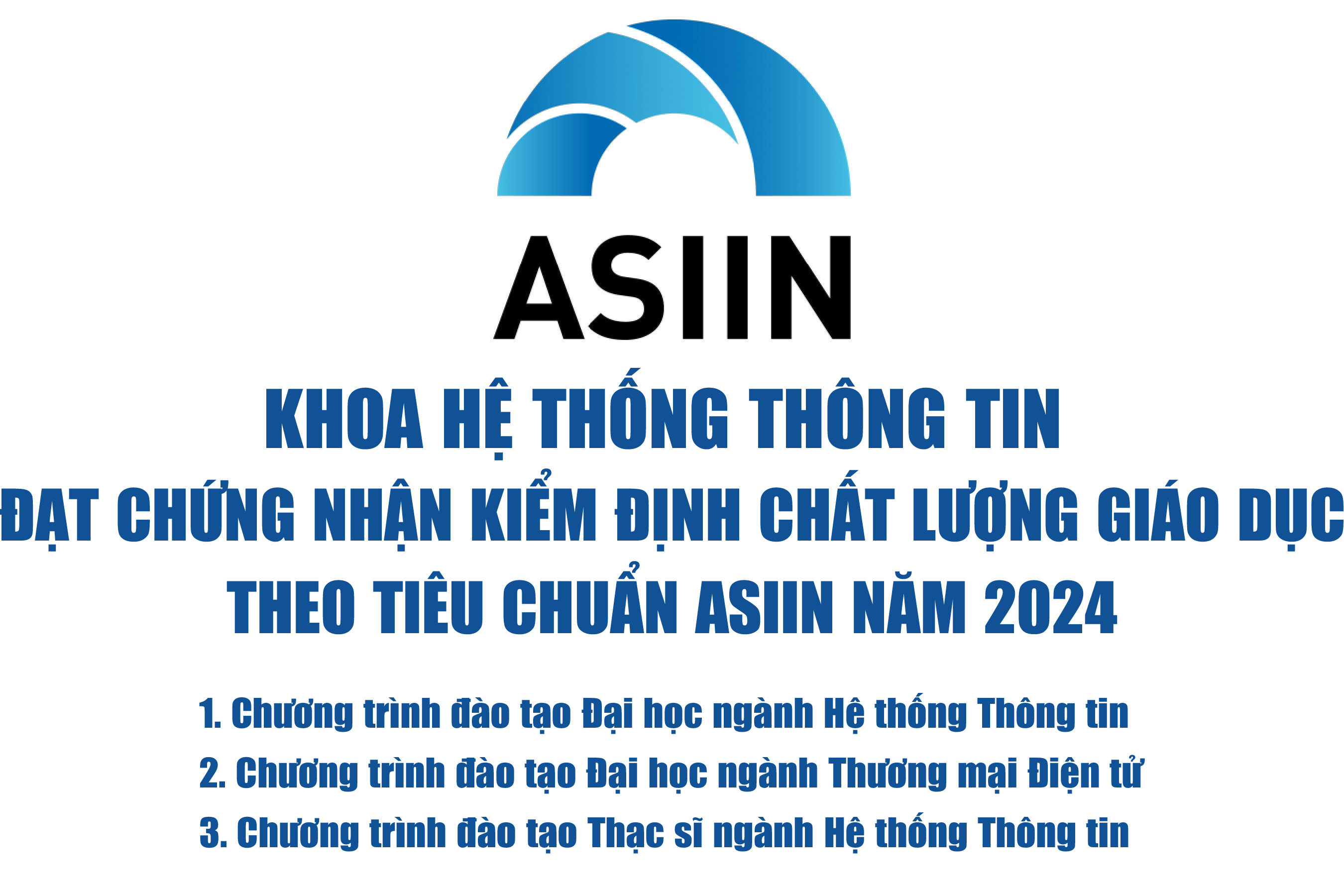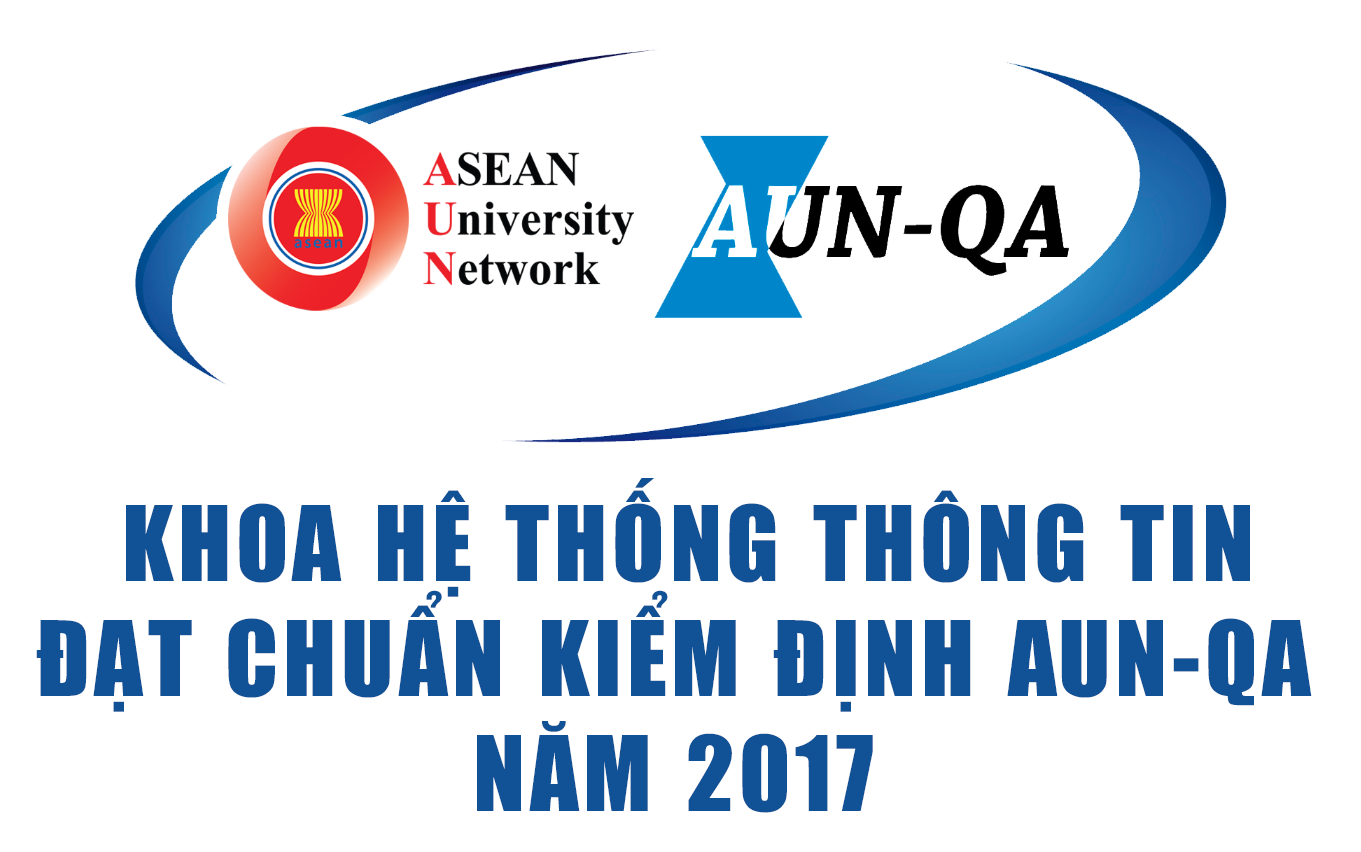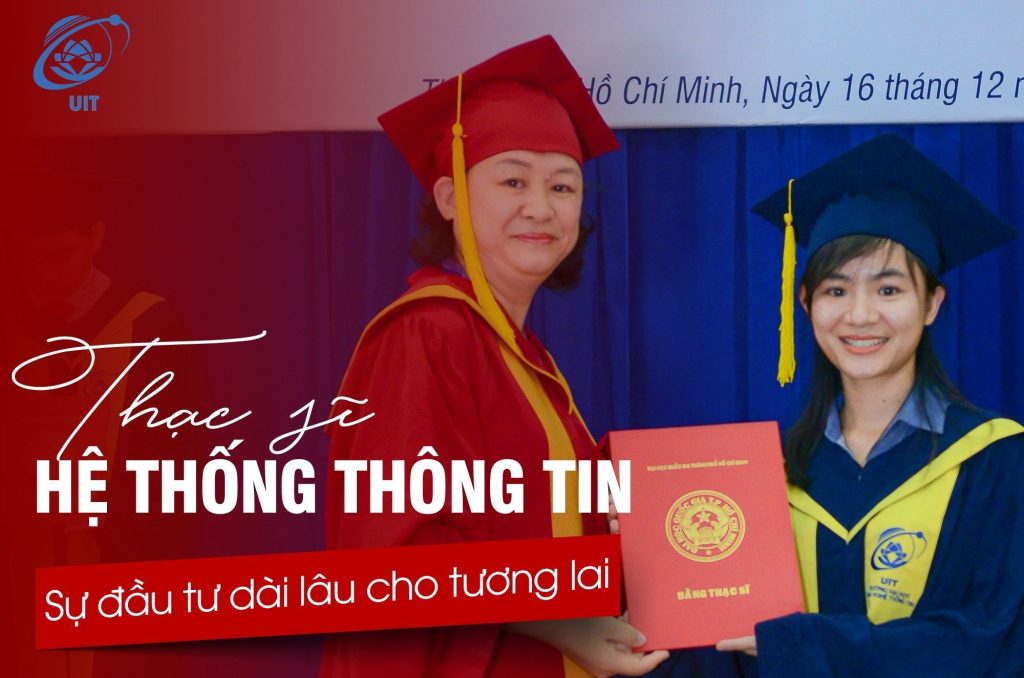Chúc mừng sinh viên lớp CTTT2022 có bài báo tại Hội nghị khoa học Quốc tế ICTA năm 2025
The International Conference on Advances in Information and Communication Technology (ICTA) aims to provide a forum for exchanges of research results, ideas and experience of application of advanced ICT and their applications. The main theme of ICTA 2025 is to focus and strengthen basic and applied researches that are relevant to Artificial Intelligence and Semi-Conductor.
The conference is co-organized by:
- VNU Information Technology Institute (VNU ITI)
- Thai Nguyen University of Information and Communication Technology (ICTU)
- Partners: Vietnam ICT Club of Faculties – Institutes – Schools – Universities (FISU); Japan Advanced Institute of Science and Technology (JAIST); Institute of Information Technology – Vietnam Academy of Science and Technology (IoIT).
Thời gian, địa điểm: 27-28 November, 2025 – Hanoi City
Xuất bản Proceedings: Lecture Notes in Networks and Systems, Springer (Scopus, Q4)
Link hội nghị: https://icta-conf.com/
Tên bài báo: “MST-Net: A multi-scale temporal transformer network for predicting Vietnam stock price”
Sinh viên thực hiện: 22520935 – Trần Thị Kim Ngân – CTTT2022
GVHD: TS. Nguyễn Thanh Bình
Abstract: “This study proposes MST-Net (Multi-Scale Transformer Network), an advanced deep learning architecture that integrates Transformer mechanisms, a novel Price-based Sinusoidal Encoding (PSE), and multi-scale CNNs for stock price prediction. While Transformers capture long-range dependencies effectively, they exhibit limitations in recognizing local patterns across multiple time scales. MST-Net addresses this by incorporating PSE, which applies learnable sinusoidal transformations directly to price data to capture cyclical behaviors, along with multi-scale feature extraction. The model is evaluated on Vietnamese stock market data (2020-2025) across three stock categories: stable, volatile, and cyclical. Results demonstrate that MST-Net achieves RMSE of 1.65, MAE of 1.29, MAPE of 3.04%, and R² of 0.60 for 1-day predictions, representing improvements of 26.0% in RMSE, 25.9% in MAE, and 21.6% in MAPE compared to the base Transformer, with R² enhancement from 0.21 to 0.60. While Directional Accuracy (DA) shows modest results at 44.64%, MST-Net prioritizes magnitude over directional prediction. Ablation studies reveal that PSE and multiscale CNNs independently reduce RMSE, with their combined effect significantly contributing to MST-Net’s superior performance across multi-horizon evaluations and stock categories.











